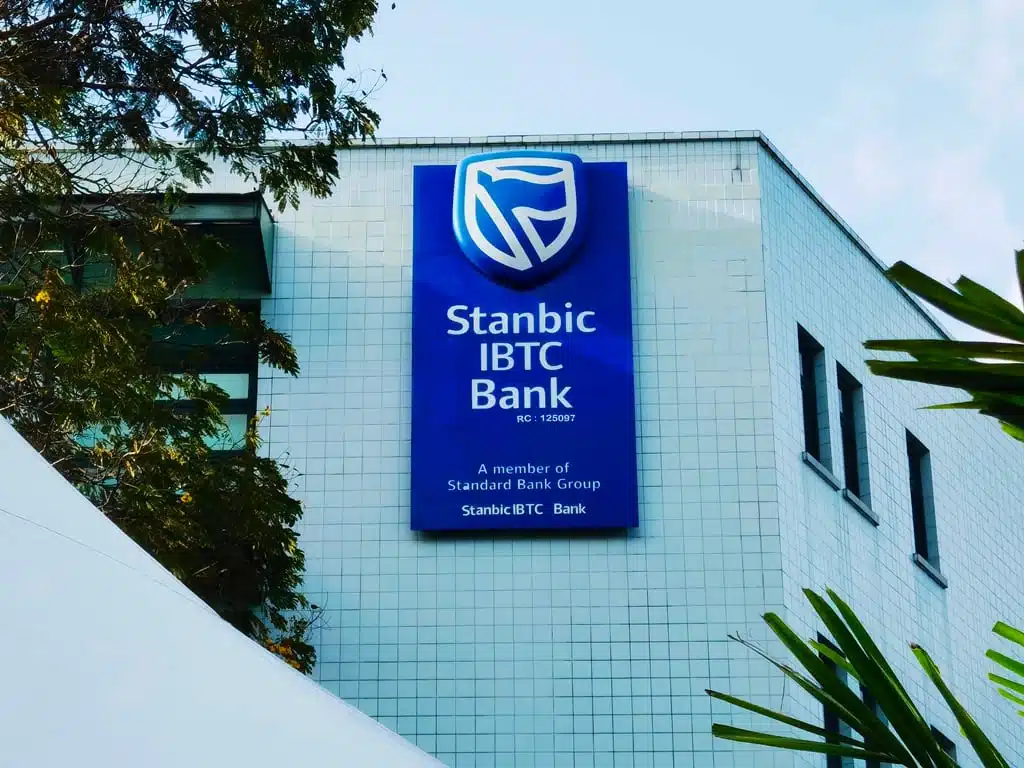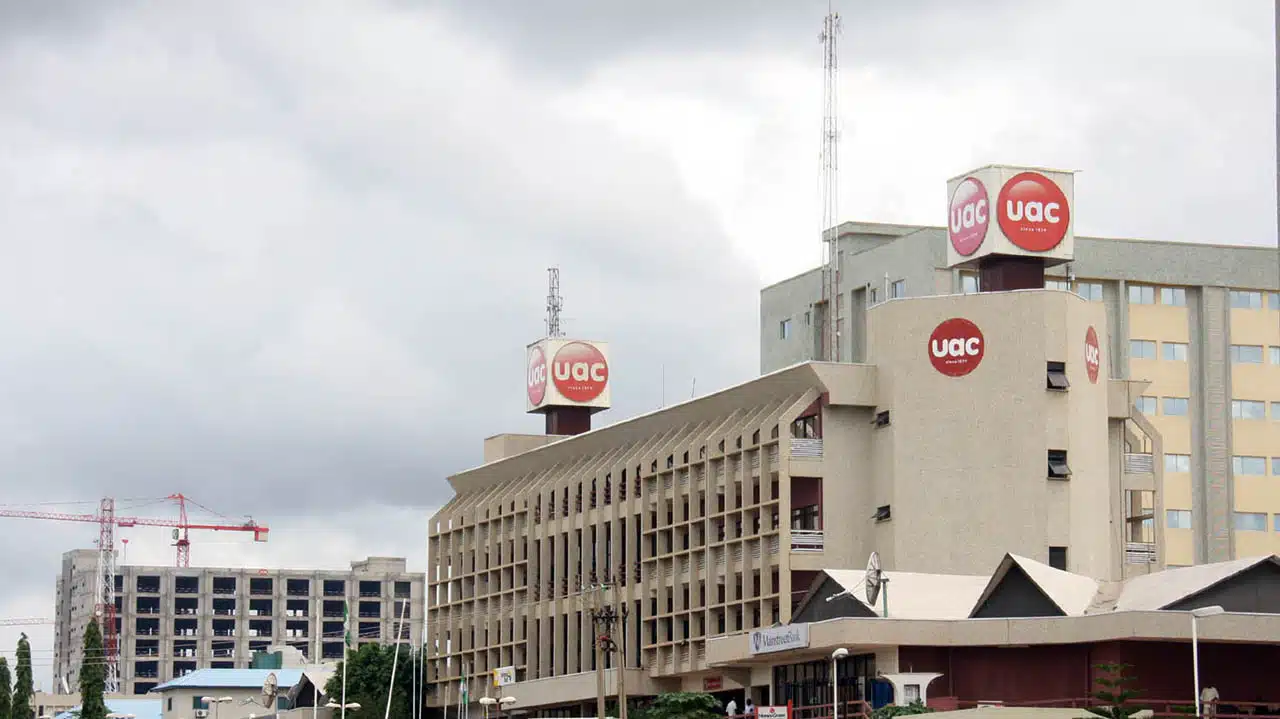The Central Bank of Nigeria (CBN) has bounced back to profitability, reporting a profit after tax of $23.7 million for the 2024 financial year.
This marks a sharp reversal from the record $717.2 million loss it posted in 2023, signalling renewed financial resilience despite ongoing macroeconomic headwinds.
The improvement was driven primarily by a surge in net unrealised foreign exchange revaluation gains, which jumped 225% year-on-year to $7 billion.
This gain, combined with other operating income, helped lift the CBN’s total operating income to $9.4 billion in 2024, up from $3.7 billion in the previous year, according to its audited financial statements released on 30 April 2025.
However, interest margins came under significant pressure. While interest income rose 29.16% year-on-year to $3.1 billion—up from $2.5 billion in 2023—interest expenses soared by 185% to $3 billion.
This resulted in a 94% decline in net interest income, which dropped from $1.4 billion in 2023 to just $76.6 million in 2024.
The report, prepared in compliance with the International Financial Reporting Standards (IFRS) and the Financial Reporting Council of Nigeria (FRC) guidelines, was audited by KPMG Professional Services and Ernst & Young.
The financial statements reflect not just the volatility of exchange markets but also the impact of tighter monetary conditions and regulatory shifts under the amended CBN and FRC Acts.
In line with the Fiscal Responsibility Act 2011, the CBN disclosed that 20% of its 2024 profit will be retained, while the remaining 80% will be remitted to Nigeria’s federal government.
Balance sheet expansion and shifting asset mix
The apex bank’s balance sheet expanded significantly in the reporting period.
The Group’s consolidated total assets climbed to $73 billion as of 31 December 2024, up from $54.8 billion in 2023.
The Bank’s standalone assets rose similarly, from $54.1 billion to $72.2 billion.
External reserves recorded a sharp rise to $34.1 billion, up from $18.7 billion, bolstered by FX revaluation effects and improved foreign inflows.
Special Drawing Rights (SDRs) held with the International Monetary Fund (IMF) nearly doubled, growing to $3.9 billion from $2.5 billion.
By contrast, cash and bank balances fell to $21.6 million from $69.3 million, and loans and receivables dropped to $6.8 billion, down from $9.4 billion, indicating a cautious credit stance by the Bank during the year.
Surge in liabilities and equity pressure
On the liabilities side, banknotes and coins in circulation increased to $3.4 billion from $2.3 billion, while total deposits with the apex bank rose to $3.3 billion from $23.8 billion.
The value of CBN-issued instruments—such as open market operation (OMO) bills and other monetary policy tools—jumped to $15.1 billion from $10.8 billion.
Other liabilities also edged higher to $31.2 billion from $11.8 billion.
IMF-related liabilities more than doubled, reaching $3.1 billion from $1.4 billion, reflecting greater utilisation of multilateral support mechanisms.
Despite the profit recovery, the Bank’s equity position remained under pressure.
The Group’s total equity declined to $629.8 million in 2024, down from $1.2 billion the previous year.
The CBN’s standalone equity also dropped to $454.1 million, compared to $545.5 million in 2023.
Accumulated losses worsened slightly to $497.9 million, from $545.6 million.
Still, the lender maintained a fair value reserve of $499.3 million as at the end of 2024, underscoring the strength of its asset holdings.
Navigating tough terrain
The CBN noted that the results reflect the lingering effects of a challenging macroeconomic landscape in Nigeria, characterised by currency volatility, inflationary pressures, and rising borrowing costs.
While net interest margins were eroded by higher policy rates and debt service obligations, foreign exchange gains—boosted by the liberalisation of the naira and growing external reserves—played a key role in lifting the bottom line.
Analysts say the return to profitability could ease some fiscal pressure on the federal government, especially as the CBN resumes profit remittances.
But they caution that underlying risks remain, particularly if the global financial environment tightens or domestic inflation continues to bite.











